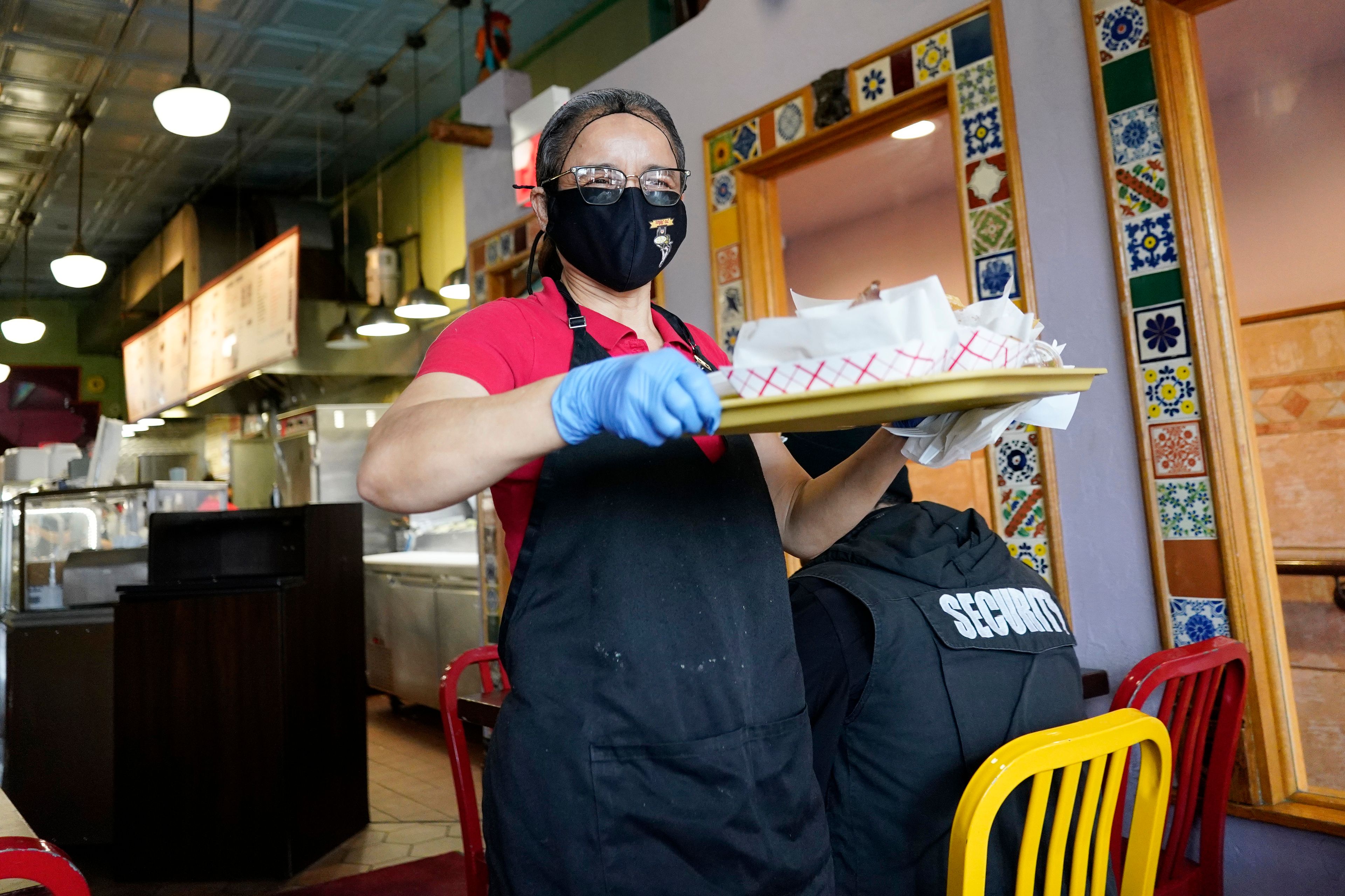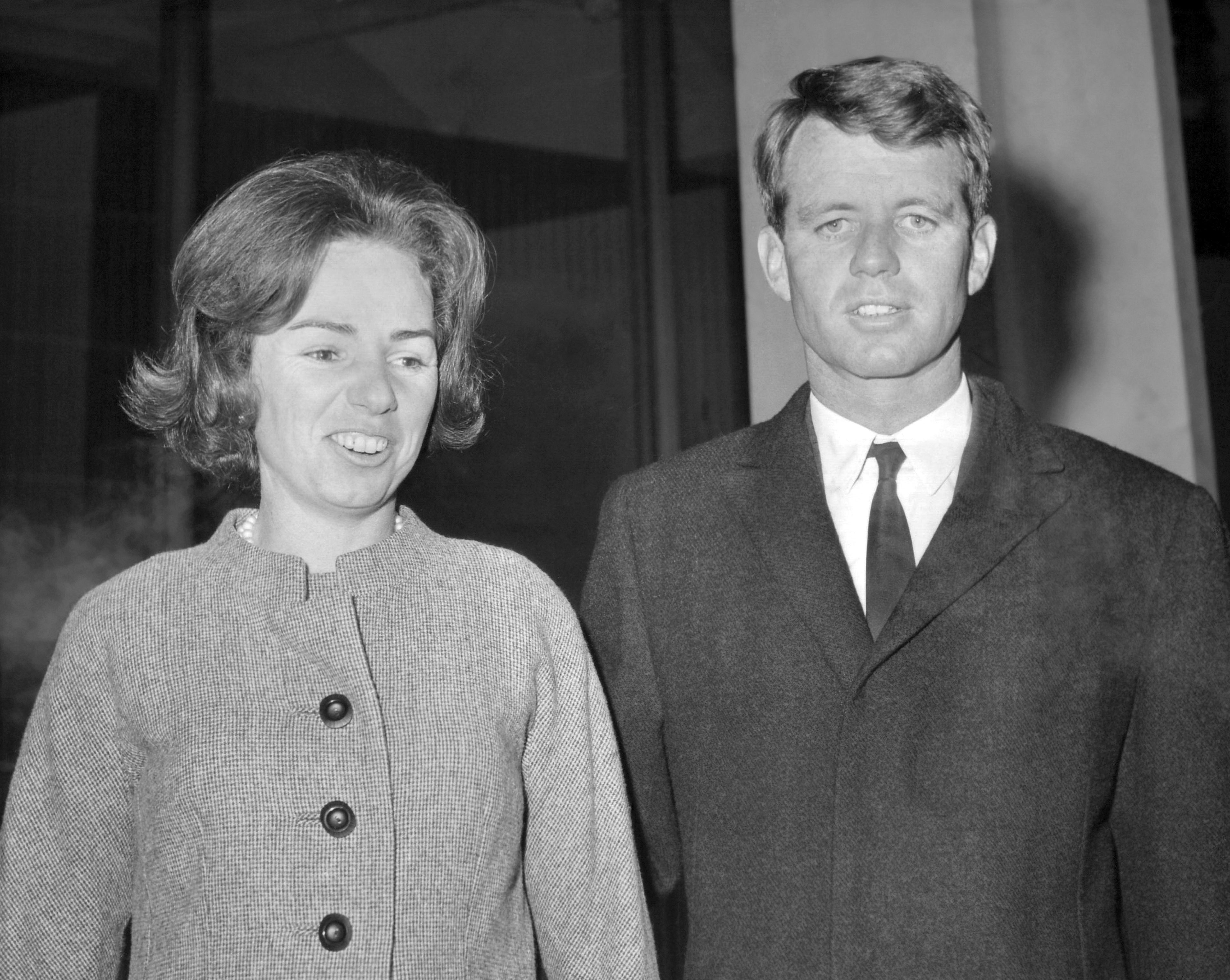DELLA REESE TAKES FESTIVAL STAGE THURSDAY SAY ANYTHING BUT 'NICE
If you tell Della Reese she sounded ''very nice'' in concert, she'll probably think you lack the power of description or she flopped .
''You hear people who have magnificent voices, who are in tune and everything is right and you say, 'That's very nice,''' Reese says from her Los Angeles home.
''Very nice is not good. Very nice is like 'not really bad.' They're the same things to me.''
Music critics find other words to sum up Reese's kinetic charm: ''Della Reese's performance ... provides an object lesson in the rich, impassioned musical experience called the blues,'' one reviewer extols.
''Reese possesses extraordinary stage presence, working the crowd like a highly charismatic Baptist minister,'' another testifies.
A third simply states, ''Does this lady ever sing the blues!''
Reese, born Deloreese Patricia Early, began singing in church in her native Detroit when she was 6 years old. She quickly learned how to wow 'em in the aisles.
''I was a lyric soprano, and I could hit all kinds of notes real high,'' she says. ''That was my shtick. When everything was going wrong I would hit my high notes.''
When Reese was 13, the world's foremost gospel singer, Mahalia Jackson, invited Della to sing with her group. As Reese watched Jackson sway and moan in her chair, she discovered that high notes alone wouldn't make her a consummate gospel and blues vocalist.
''What (Jackson) taught me was that there must be an inner experience before there can be an effective outer experience in fact, before there can be any outer experience. I get the original and you get the copy. If the original is not clear, then the copy cannot be clear.''
''Judy Garland had no voice at all to speak of,
'' she adds. ''But
nobody cared because she put so much of her into it. You believed
that (the music) was everything.''
After five summers singing with Jackson, who died in 1972, Reese
began studies in
psychology at Detroit's Wayne State University and
formed The Meditation Singers. Her mother's death and her father's
serious illness caused Reese to interrupt her schooling and take on a
num
ber of odd jobs.
In 1953 she moved to New York City, where she became a vocalist
with the Erskine Hawkins Orchestra and signed a recording contract
with Jubilee Records. Her first major hit followed, ''And
That
Reminds Me (Of You).'' Her biggest hit ever came when she signed with
RCA in '59: ''Don't You Know,'' a tune adapted from Puccini's ''La
Boheme.''
For nine years after, Reese toured Las Vegas, where she first met
Lionel Hampton and his wife, Gladys. Back then, black performers
could play the Vegas strip but had to live in the ''Dust Bowl.''
''It was away from the strip, and to say that it was low-income
housing is not sufficient,'' the 62-year-old vocalist says. A
benevolent black doctor and his wife took it upon themselves to build
a motel that ''at least was clean,'' she recalls. ''And there weren't
bugs.''
Since her first Vegas stint, Reese has returned there many times,
played with a number of symphonies, appeared in a slew of television
shows and movies including ''The Ed Sullivan Show,'' ''Chico and the
Man'' and ''Harlem Night
s'' and recorded a string of albums.
She wrote 1983's ''Sure Like Lovin' You'' for her husband-manager,
Franklin Lett, whom she met 14 years ago, when he was a Borden dairy
products advertiser and she was applying for a job as a spokeswoman
for Creamettes.
''That's the way I feel about him: I like lovin' him. It's a lot
of fun'' she says, referring to the album title and confessing that
although she says they have been married for 14 years, the couple
took vows only 11 years ago.
''He thought he was gettin' away for four years,'' she says with a
chuckle.
When Reese takes the Lionel Hampton Jazz Festival stage at 7 p.m.
Thursday, she may belt out some of the tunes from ''Sure Like Lovin'
You.''
''I like people,'' Reese says, explaining her penchant for
performing at festivals. ''I don't dislike television. I don't
dislike movies. But I like instant reaction. I don't want to wait and
read it in the paper,'' she said. ''I want to know now: Do you like
it?''
The two words she'd rather not hear in response?
We already know.








